A remarkable discovery in the Siberian permafrost: a 44,000-year-old wolf with preserved stomach contents and organs.
Get the latest international news and world events from around the world.


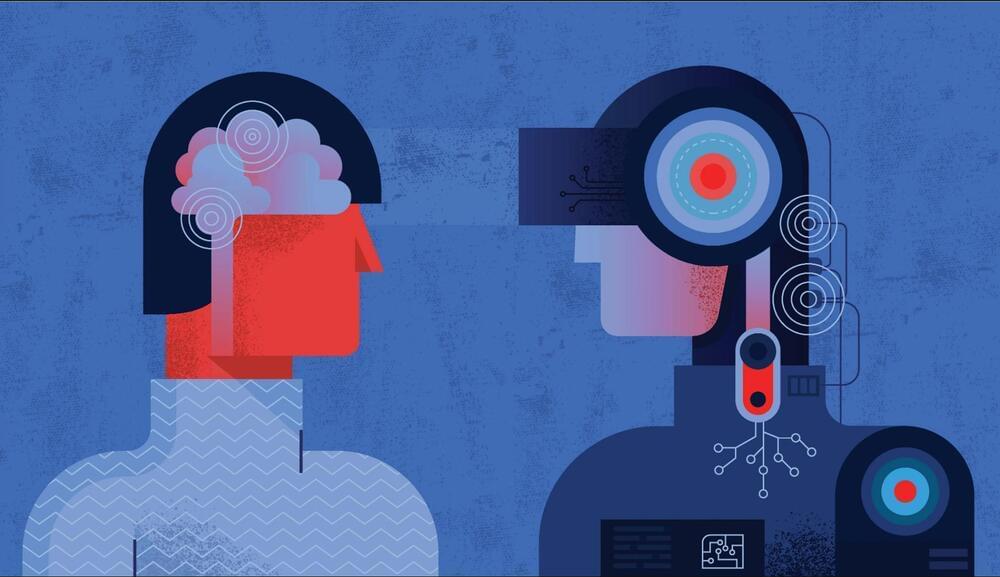
There Could Never Be An Artificial General Intelligence
Richie Etwaru is Co-founder & CEO at Mobeus. He’s also a former CTO, CDO & CIO at Fortune 500 firms in Financial Services and Healthcare.
Although generative artificial intelligence (GenAI) has been making headlines, another of today’s most tantalizing and controversial topics is the concept of artificial general intelligence (AGI). The idea of AGI —a machine with “the ability to understand, learn, and apply knowledge across a wide range of tasks,” much like a human—has captured the imaginations of scientists, entrepreneurs and science fiction writers alike. However, despite the allure of creating such a machine, a growing body of evidence suggests that AGI will never be realized.
Human intelligence is fundamentally collective and constantly evolving. As individuals, we contribute to a vast pool of knowledge that grows exponentially over time. This collective intelligence isn’t merely the sum of all human knowledge but a complex, interconnected web of ideas, insights and innovations that continuously build upon one another. I’m deliberately excluding human instincts from the dialogue, as this requires another article.
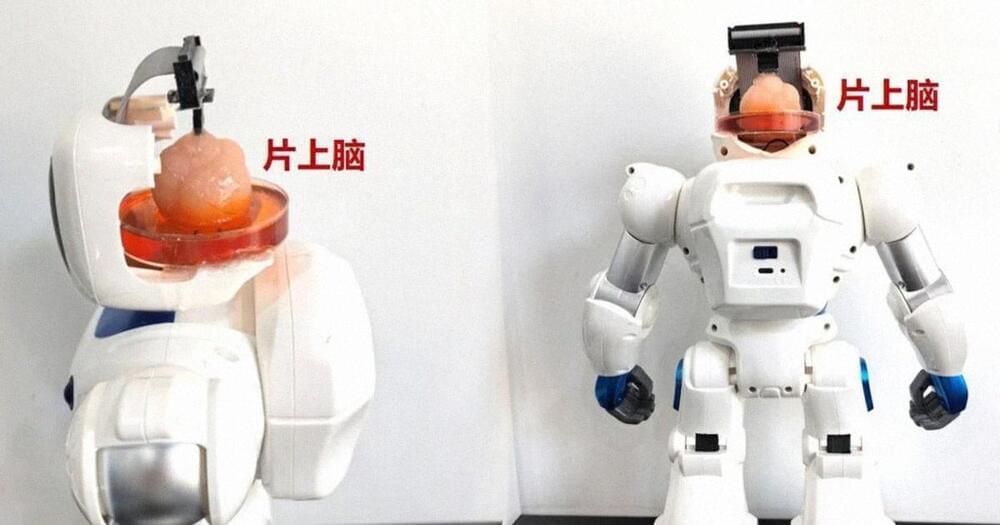
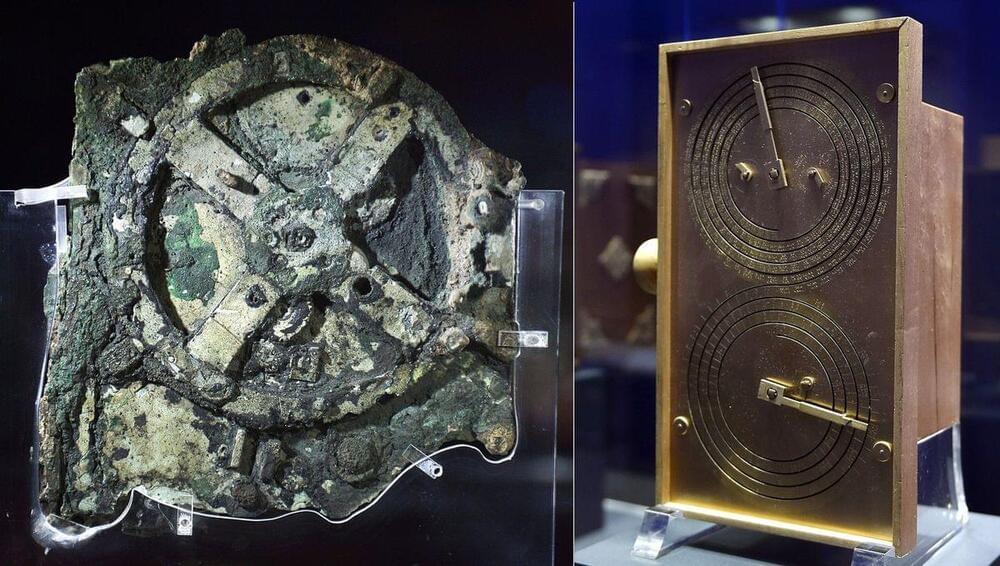
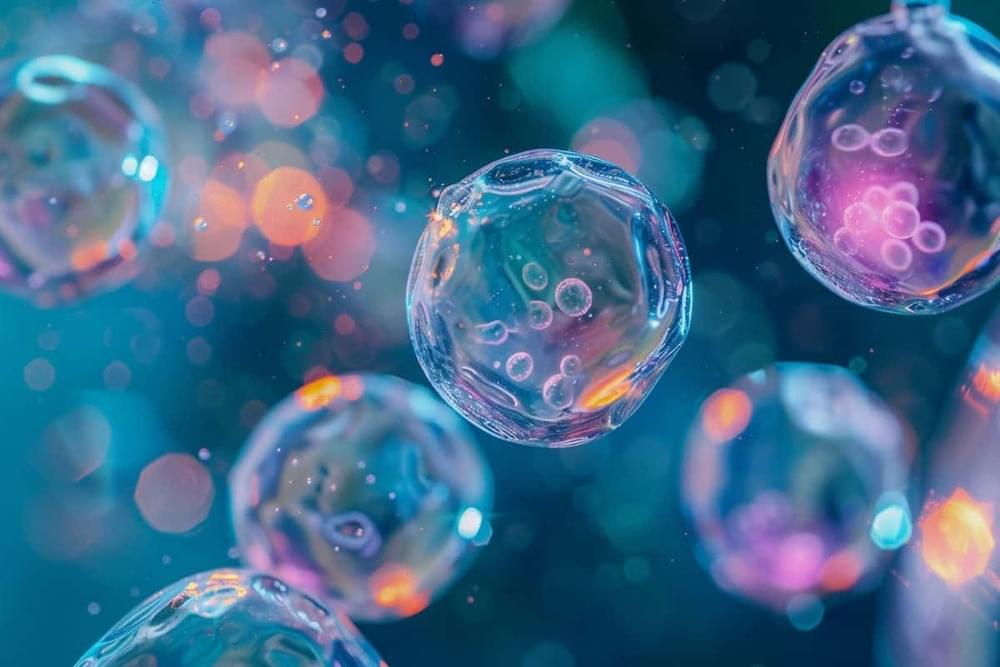
Organoids and Embryo Models: Redefining Human Individuality?
Summary: Advances in organoids and embryonic models raise questions about human individuality. A new study argues these models can reinforce, not weaken, the concept of human individuality when viewed through personhood and sentience frameworks.
Researchers emphasize that current technologies are far from achieving personhood in embryo models or organoids. The ethical focus should remain on the wellbeing of actual persons and sentient beings.
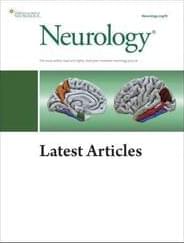
Fluid Biomarkers in Individuals at Risk for Genetic Prion Disease up to Disease Conversion
This single-center longitudinal cohort study has followed known carriers of PRNP pathogenic variants at risk for prion disease, individuals with a close relative who died of genetic prion disease but who have not undergone predictive genetic testing, and controls. All participants were asymptomatic at first visit and returned roughly annually. We determined PRNP genotypes, measured NfL and GFAP in plasma, and RT-QuIC, total PrP, NfL, T-tau, and beta-synuclein in CSF.
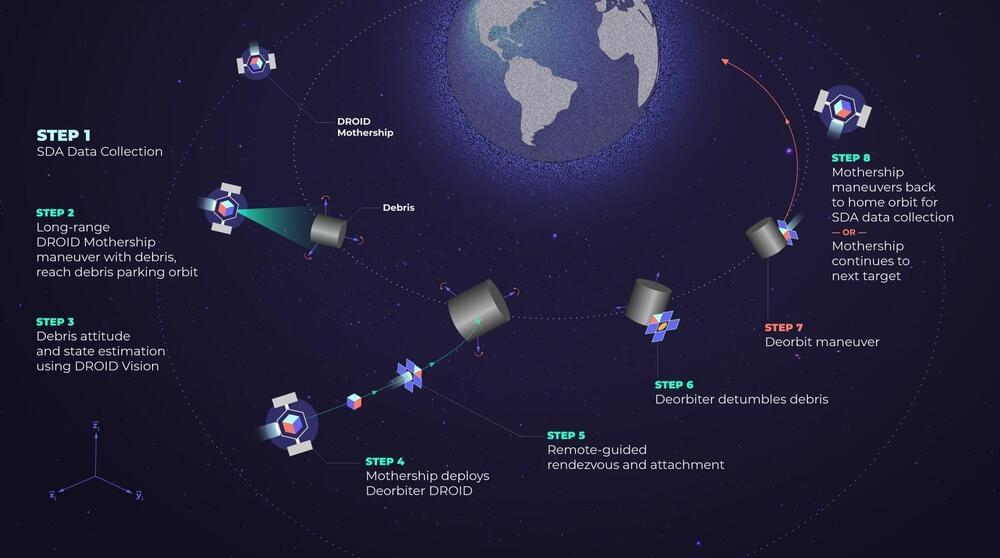
Turion wins Space Force contract for debris-capture technology
WASHINGTON — Turion Space, an Irvine, California-based startup, has secured a $1.9 million contract from SpaceWERX, the U.S. Space Force’s technology arm, to develop an autonomous spacecraft docking and maneuvering system. The contract aims to advance technologies for engaging uncooperative space objects and facilitating the deorbit of inactive satellites.
Ryan Westerdahl, Turion’s co-founder and CEO, said in an interview that the company is focusing on in-space mobility and non-Earth imaging. Turion launched its first satellite, Droid.001, a 32-kilogram spacecraft designed for space situational awareness, in June 2023. Data from this satellite is being integrated into the Space Force’s Unified Data Library.
Westerdahl revealed plans for a demonstration as early as 2026, featuring a Droid mothership hosting “micro-Droid” satellites equipped with the capturing device being developed under the SpaceWERX contract. The micro-Droid, partly funded by NASA, will use grapplers to capture debris objects.
The First Quantum Supercomputer is Here
The first #Quantum #Supercomputers are here! Quantum enabled supercomputing promises to shed light on new quantum algorithms, hardware innovations, and error mitigation schemes. Large collaborations in the field are kicking off between corporations and supercomputing centers. Companies like NVIDIA, IBM, IQM, QuEra, and others are some of the earliest to participate in these partnerships.
Join My Discord: / discord.
Become a patron: https://patreon.com/user?u=100800416
for access to my animation source code, video scripts, and research materials.
Also check out my instagram: / lukasinthelab.